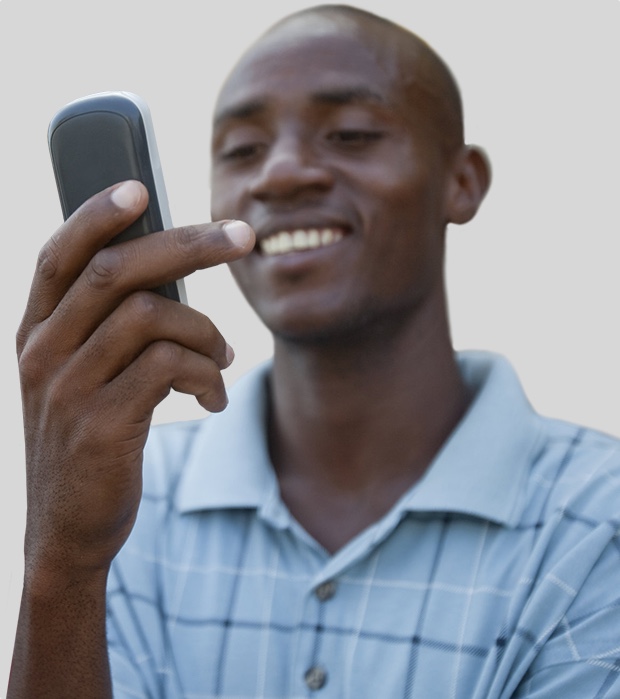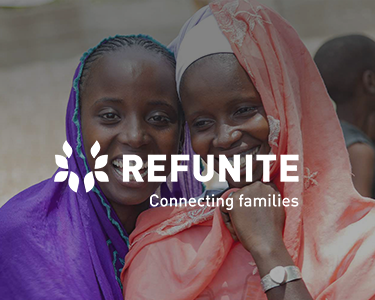
Over the past 3 years, REFUNITE, in partnership with community leaders and members, have been building “Relay”, a communications project we call a “trust layer” of information sharing, by enabling verified leaders to digitally share critical information with their constituents at scale. More than 9,600 leaders across more than 150 communities in 15+ countries have joined the network, using our technology to communicate with close to 8,2 million people, many of whom have no other access to verified and reliable information than Relay. In these times of coronavirus, our ability to communicate trusted information has never been more important.
We’re immensely proud of this evolution of REFUNITE, and of the work the team has carried out in deep partnership with the communities, following our ethos and commitment to empowering communities first and foremost, by building solutions with the people, for the people and from within the villages of the people: from the ground up for the truest reflection of the needs and realities of everyday folks. We’re witnessing immense success, driven by the hard work and engagement of communities across Africa. Step by step, solutions and opportunities are being built sustainably by the refugees themselves.
On this World Refugee Day 2020, we step back to give the microphone to some of our hard working women and men, and a focus on what they have achieved. Please visit www.relay.technology for much more information.
David and Christopher Mikkelsen, on behalf of the whole REFUNITE team
Refugee community leaders who are part of RELAY Community Network have contributed to this fight against COVID-19 with several innovations like an ingenious hand-washing facility maneuverable by feet, producing and distributing face masks, among other initiatives.
In Nakivale settlement, Uganda, the Congolese leader Seraphin Kighoma Paluku launched the production and free distribution of protective face masks among his community. He realized though that his people were either not wearing the masks or doing it wrongly. “I’ve seen people wearing the masks on their chins, or simply keeping them in their pockets and handbags”, the leader explained.
“I could simply say ‘I’ve done my part’, but this attitude would not protect my people. We fled the war, we lost so many loved ones and reached here looking for security. We managed it. And we must live. We must keep ourselves alive no matter what. Then, I concluded that I would have to do more than distributing face masks”, added Seraphin.
The leader found a solution using a simple and very creative idea: urban art. He invited a group of young refugee artists to carry out the task of painting the walls across the settlement. “It’s a constant reminder that they should wear masks properly and in a way that speaks to the youth”, Seraphin says.
“Although there is still a long way for people to learn this ‘new normal’ where they have to cover their nose and mouth with a piece of clothing, the community reacted positively to the paintings”, assesses Seraphin, who is confident that more people will be sensitized through his urban art walls.


